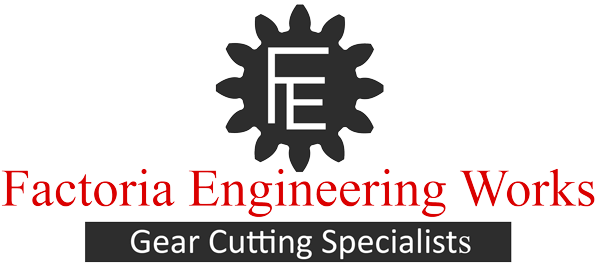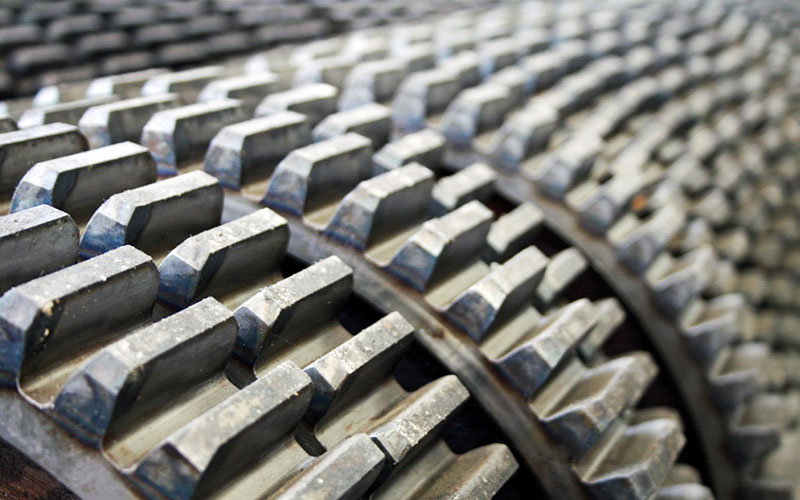The functions of gear drives include increasing torque from the motor, reducing the speed generated by the motor, and changing the direction of rotating shafts. Of course, the most critical parts of a gear drive are the gears within. Some of the common types of gear are discussed below. Discover The Different Types Of Gears and their functions
Spur Gears
The Spur gears convey power through parallel shafts. Spur gear teeth are parallel to the shaft axis, causing the gears to create radial reaction loads on the shaft, but not axial loads. Because they have a single line of contact between the teeth, spur gears are noisier than helical gears.
Helical Gears
Helical gears’ teeth are oriented at an angle to the shaft, resulting in more than one tooth being in contact and allowing helical gears to carry a greater load than spur gears. As a result of the load sharing between teeth, helical gears operate smoother and quieter. Generally, most enclosed gear drives use helical gears.
Double Helical Gears
Double helical gears are two helical faces placed next to each other with a gap separating them. These eliminate thrust loads and provide a greater tooth overlap, leading to even smoother operation.
Herringbone Gears
Herringbone gears are like double helical gears but without the gap separating the two helical faces. These are usually smaller and ideal for high shock and vibration applications. Yet, due to their expensive and intricate manufacturing process, they find limited utilisation in practical applications.
Bevel Gears
These are used to transfer power between shafts at a 90-degree angle. They are generally more costly and can’t transmit as much torque as a parallel shaft arrangement.
Contact Factoria Engineering Works For Details
If you need any type of gear manufactured for your gear drives, we offer gear shaping, gear hobbing, and grinding. Combining our skill and expertise with the best technology available, including CNC machining, we guarantee high-quality workmanship on all our gears.
Our quality control department checks all our machining operations on completion. Furthermore, our quality assurance inspector conducts random spot checks while machining each part.
If you would like to know more about our gear manufacturing services, get in touch with a representative from Factoria Engineering Works today.


